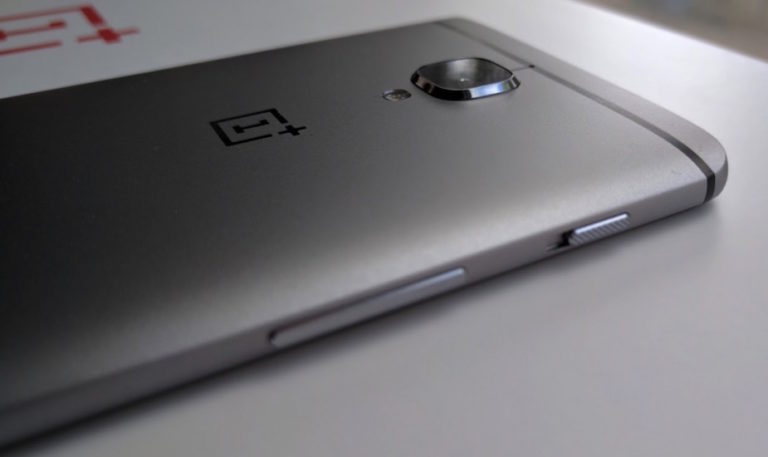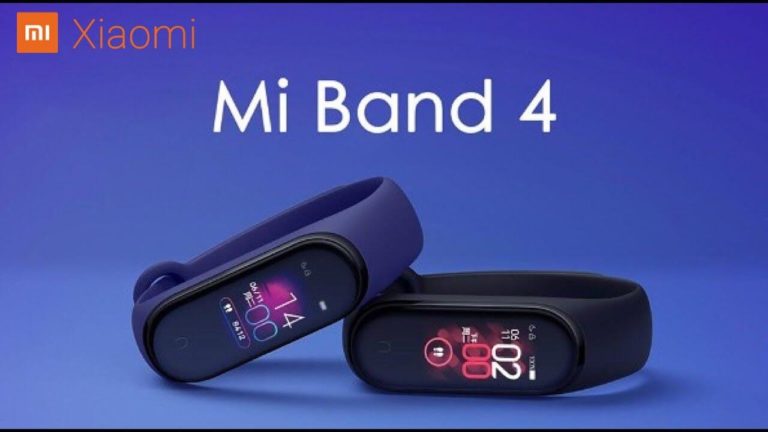The wearable’s market has really taken the world by storm. With plethora of fitness tracking devices hitting the market lately, you might be wondering- What makes these fitness trackers different from fitness apps? Which one of these is more accurate?
Well, I have been using Google Fit for some time now to keep a regular check on the number of calories gained and burned. It has been very effective, I must admit.
Yes, definitely I won’t call myself a hardcore fitness freak or someone who is not concerned about his health. I am just another regular guy with my own apprehensions about new technology. Let’s try to understand what makes fitness trackers different from fitness apps and which one should be preferred.
Fitness Apps
The way I see it, fitness apps have two main functions: to design workouts suited to your physique and track data accordingly. Some of these apps require you to manually enter your information, such as what you ate, how much you ran, and other lifestyle data. This becomes a time-consuming and tedious task at times. Other apps use a GPS signal to obtain this information (except how much you ate –you should know that). In a nutshell, if all you need a tailored daily workout, you are good to go! You can use Nike+ Training Club (contains more than 100 workouts) or FitStar Personal Trainer (questionnaire to set your workout regime) for an adequate workout guide.
But if you are looking to improve your health from the data collected, you need a fitness tracker!
Fitness Tracker
These devices won’t have a long description in the play store or the app store that you’ll need to read before buying. Wearable technology has a charm of its own. A fitness tracker doesn’t need you to put information manually.
You can wear them as a wrist band and go for a run, a bike ride, or for a long hike. The data is continuously received by the device, which you can view on your tablet, PC, or smartphone through the device’s app. The advanced versions of these trackers even have a built-in screen so that you can easily check your vitals during your workout session. This feature is enabled by sensors present inside the device, which can read your pulse, the number of steps you take in a day, and even track your sleep patterns.
Manufactured waterproof, you don’t need to take it off while you use them. Want to check progress in your workout regime, just open the app and manipulate your regime to make better health decisions.
Which one to choose – Tracker or App?
Fitness tracker provides a more comprehensive report of your health. It gives you a better insight about the areas you wish to improve upon. Scientific study shows that they are highly reliable when it comes to the data collected except for some variabilities in sleep tracking.
Moreover, some fitness trackers just use an accelerometer to measure sleep, which can only detect movement. But advanced trackers come with built-in heart rate monitors, which have around 99 percent accuracy rate. With new generation devices being launched, they have significantly improved in performance.
Recently, Fitbit Flex gained much popularity as it can count your steps, distance travelled, sleep patterns and calories burned.
If I were you, I would definitely put my money in the tracker. But I leave it upon you to decide.
Keep fit, always!




